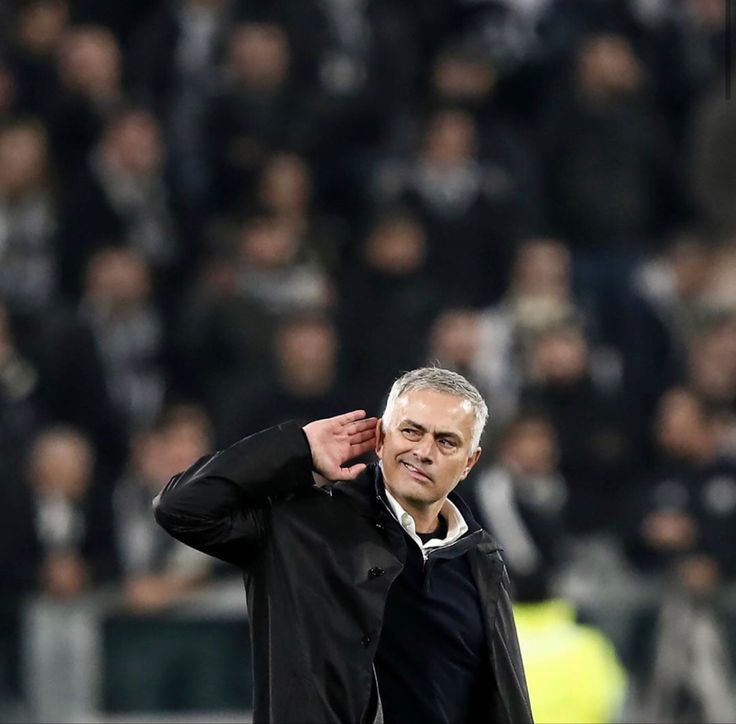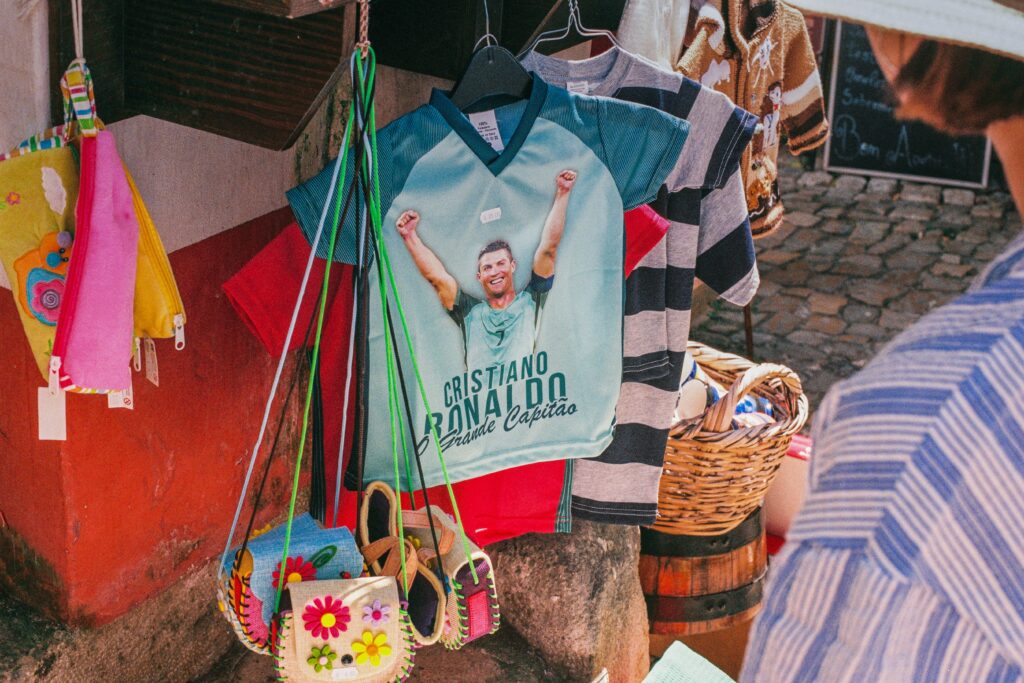Fernando Diniz has left his position as the coach of the Brazil National Team, leaving many football fans excited to discover who will take his place. Several names have been speculated, including Renato Gaucho, Jose Mourinho, Abel Ferreira, and Dorival Junior, all of whom are frontrunners for the highly sought-after role. Each candidate has their own unique set of skills and experiences, making it a crucial decision that will impact the future of Brazilian football.
Renato Gaucho’s chances of becoming the Brazil National Team coach have been boosted due to his impressive track record, particularly his achievement in leading Gremio to the Club World Cup final against Real Madrid. The game was notable for Gaucho’s tactical prowess and his ability to inspire resilience in his team despite facing multiple injuries. Gremio put up a competitive fight against the reigning European champions, showcasing Gaucho’s impressive coaching skills.
Furthermore, Gaucho’s recent success with Gremio, who secured a Libertadores spot after promotion to the first division, underscores his adaptability and effectiveness in diverse footballing scenarios. This remarkable feat not only showcases his strategic acumen but also highlights his knack for elevating teams to new heights, making him a compelling candidate for the challenging task of leading the Brazil National Team.
While Gaucho’s style may not be as radical as Diniz’s, it still bears the hallmark of the classic Brazilian beautiful game. His emphasis on attractive, attacking football aligns with the footballing ethos deeply ingrained in the Brazilian culture. The blend of pragmatism and flair in his coaching philosophy could offer the national team a balanced approach, one that resonates with both traditional Brazilian football values and modern tactical demands.
In considering Jose Mourinho as a potential Brazil National Team coach, it’s essential to acknowledge the historical tendency of Brazil not to appoint foreign managers. The Seleção has traditionally favored homegrown coaches deeply connected to the nation’s footballing identity. Mourinho’s candidacy challenges this longstanding tradition, as the Portuguese manager brings a wealth of international success and a distinct tactical approach.
Mourinho’s style of play, characterized by defensive solidity and strategic pragmatism, may not align with the stereotypical Brazilian flair associated with the beautiful game. However, after enduring years without securing a World Cup title – the ultimate goal in Brazilian football – the idea of embracing something different becomes increasingly appealing.
The allure of Mourinho lies in his proven track record of winning major trophies, including domestic league titles and Champions League triumphs. His emphasis on organization, discipline, and a results-oriented mindset might offer the Seleção the edge needed to reclaim their dominance on the global stage. While his style may not be conventionally Brazilian, the quest for World Cup glory may require a departure from tradition in pursuit of a winning formula.
In the quest for a new era of Brazilian football, the prospect of Mourinho steering the national team introduces an intriguing narrative of change and adaptation. As the football landscape evolves, Brazil faces the challenge of balancing its rich footballing heritage with the pragmatic approach needed to secure success in the modern era. The potential marriage of Mourinho’s expertise and Brazil’s relentless pursuit of a sixth World Cup title could be the catalyst for a rejuvenated era in Brazilian football.
Abel Ferreira emerges as a compelling candidate for the role of Brazil National Team coach, offering a unique blend of experiences that could strike a balance between the pragmatic approach of Mourinho and the flair associated with Brazilian football, as exemplified by Renato Gaucho.
Having achieved success with Palmeiras in Brazilian football, Abel brings a deep understanding of the domestic football landscape. His ability to secure victories in a competitive environment showcases a pragmatic side to his coaching style. However, it’s important to note that Abel’s success is not solely built on defensive solidity but also includes an appreciation for attacking football, making him a well-rounded candidate.
The potential appointment of Abel Ferreira could signify a harmonious convergence of tactical astuteness and the Brazilian penchant for entertaining football. His experience in navigating the challenges of Brazilian competitions, coupled with an understanding of the international game, positions him as a coach capable of bridging the gap between traditional Brazilian flair and the strategic demands of the modern era.
As Brazil seeks a new leader to guide them on the path to World Cup glory, Abel Ferreira’s candidacy introduces an intriguing proposition – a coach who brings the best of both worlds, marrying the pragmatism needed for success with the essence of the beautiful game that defines Brazilian football. The decision to appoint Abel Ferreira could mark a strategic shift that seeks to capitalize on a coach’s ability to adapt to diverse footballing scenarios while keeping the quintessential Brazilian style intact.
Dorival Junior emerges as a strong contender for the role of Brazil National Team coach, boasting a coaching career marked by success with various Brazilian clubs, including São Paulo and Flamengo. His ability to achieve positive results across different teams underscores his adaptability and understanding of the intricacies of Brazilian football.
One of Dorival’s standout qualities lies in his straightforward and pragmatic approach to coaching. His philosophy revolves around playing players in their optimal positions, a principle that aligns with the essence of unlocking each player’s full potential. This simplicity in approach could be exactly what Brazil needs as they look to rebuild and refine their playing style.
In a footballing landscape often marked by complexity and tactical intricacies, Dorival Junior’s emphasis on fundamental principles might bring a breath of fresh air to the Seleção. By placing players in their natural positions and allowing them to express themselves, Dorival could harness the individual brilliance of Brazil’s stars while fostering a cohesive and effective team dynamic.
As the Brazilian Football Confederation deliberates on the next national team coach, Dorival Junior’s candidacy presents an intriguing proposition – a coach with a proven track record in Brazilian football, equipped with a simple yet effective approach that could rejuvenate the Seleção and guide them towards the coveted World Cup glory.
As the Brazilian Football Confederation weighs the pros and cons of each candidate, they must consider not only individual coaching styles but also the ability to foster team cohesion and adaptability. The national team demands a coach who can seamlessly integrate star players, nurture emerging talents, and navigate the complexities of international competition.
In the end, the decision rests on finding the perfect balance between a coach’s strategic approach and their ability to motivate and inspire a diverse group of players. Brazil’s footballing legacy is rich, and the chosen coach will bear the responsibility of upholding and enhancing that legacy on the global stage.
As fans anxiously await the announcement, the new era for Brazilian football looms on the horizon, and the selected coach will play a pivotal role in shaping the destiny of the Seleção.
Amazon Product





